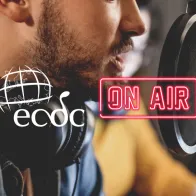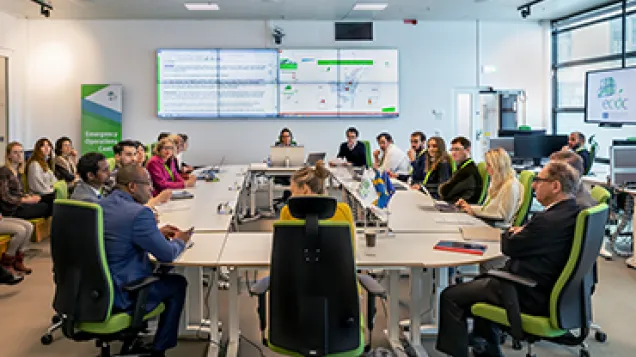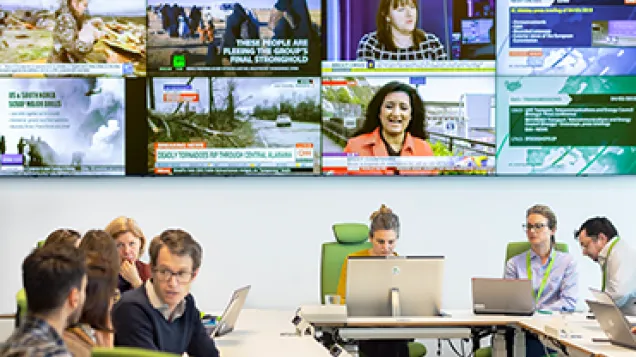Training workshop in risk communication
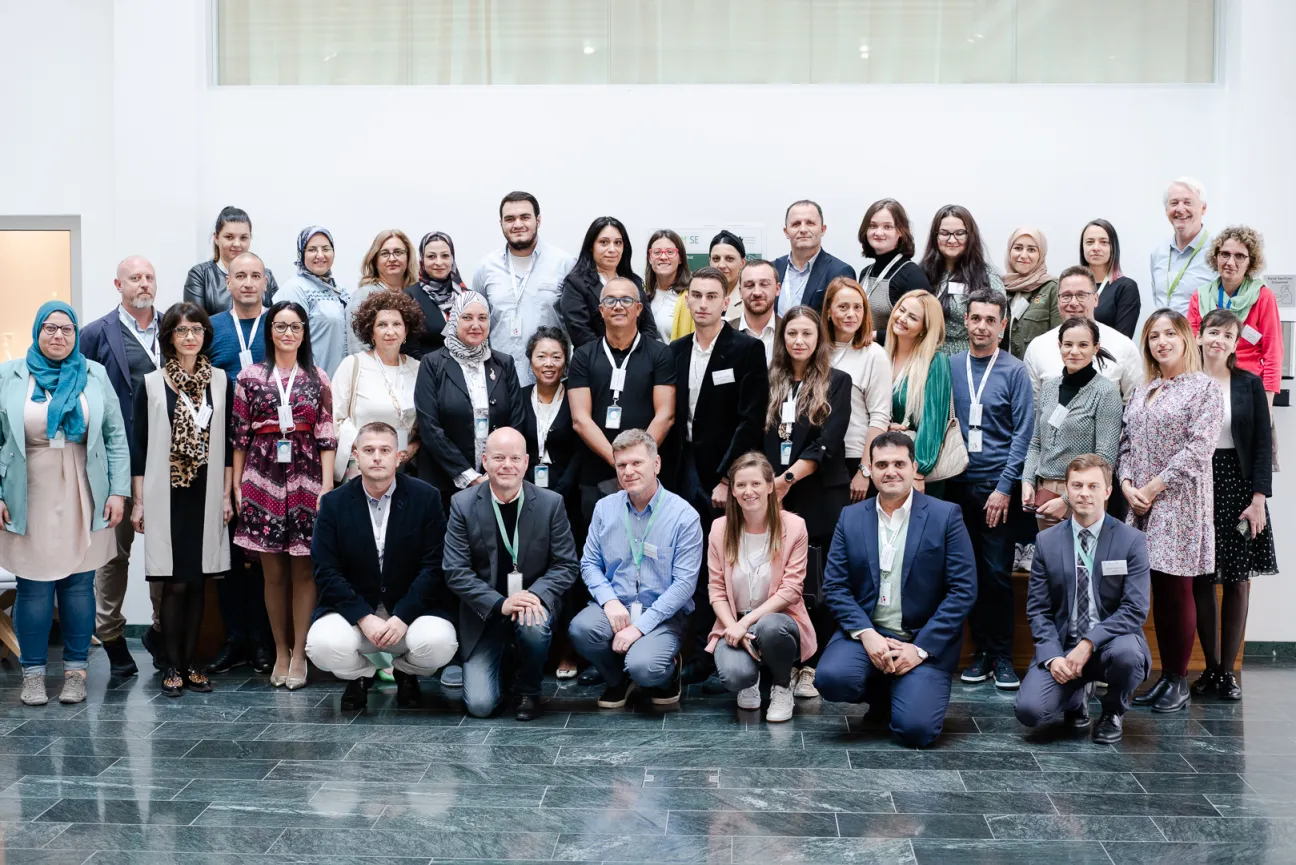
The workshop brought together 29 public health and communication professionals from national institutions and ministries of health, five international communication experts and several members of ECDC’s Communication, Behavioural Sciences and Emergency Preparedness and Response teams.
The main aim of the workshop was to highlight different approaches to risk communication, using examples such as the emergency challenges faced during the COVID-19 pandemic and others. The application of risk communication principles was also discussed as an important tool for successfully managing outbreaks or other public health emergencies.
Speakers from ECDC presented the core principles of risk communication and explained the typical dilemmas faced by public health professionals during a public health crisis.
External speakers presented specific examples from Italy, Finland, and a number of countries in Asia. All reflected on the different approaches to risk communication and how they were applied during the COVID-19 pandemic. Key techniques such as social listening, two-way communication and targeted messaging via appropriate platforms were identified as efficient ways to reach and measure public perceptions and attitudes.
It was stressed that risk communication needs to be transparent, consistent and compassionate, while at the same time managing public expectations. Acknowledgement of uncertainties as circumstances evolve can have a positive impact on building and maintaining trust in public health authorities and ensuring public compliance.
Participants shared their experience on how information overload and misleading information during an outbreak can lead to confusion, risk-taking behaviour and lack of trust in public health authorities and presented newly-developed strategies as possible solutions.
Pre-bunking, the act of pre-emptively demystifying an expected line of disinformation by presenting a refutation of the disinformation itself before it is widely disseminated, is an approach which was recommended as a proactive measure to empower citizens in deciphering and digesting the information they are exposed to, rather than telling them what to believe in.
Efforts to contain the spread of the COVID-19 virus raised difficult ethical questions about proportionality when restricting the individual rights of citizens. Speakers and participants discussed these cases and how to deal with them in practice.
The workshop, which was practical, was enhanced by group work based on real case scenarios, to develop the participants’ knowledge and understanding of risk communication.
Learning outcomes and objectives
- Know and apply key principles for communicating public health risks to the general population or specific groups, both during and after a public health crisis.
- Recognise the importance of timeliness, transparency, and consistency.
- Recognise the need to maintain trust in public health advice.
- Recognise the importance of monitoring public perceptions and information needs.
- Understand the challenges of communicating uncertainty, as the epidemiological situation changes and as evidence evolves over time, with more information coming to light.
- Share one’s own experience of risk communication approaches that have worked effectively to inform policy-makers and/or the general population.
- Cascade the learning in their institutions or country of origin, based on the content of the workshop.
The EU Initiative on Health Security
The EU Initiative on Health Security (EU-HSI) is a five-year programme (2020–2025) to enhance the public health preparedness and response capacities of the European Union enlargement and the European Neighbourhood partner countries.
The Initiative aims to create regional capabilities and competent workforces for the prevention and control of communicable diseases and to intensify regional cooperation to tackle cross-border health security threats.
Read more
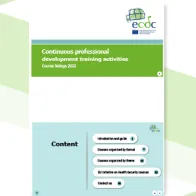
Share this page


